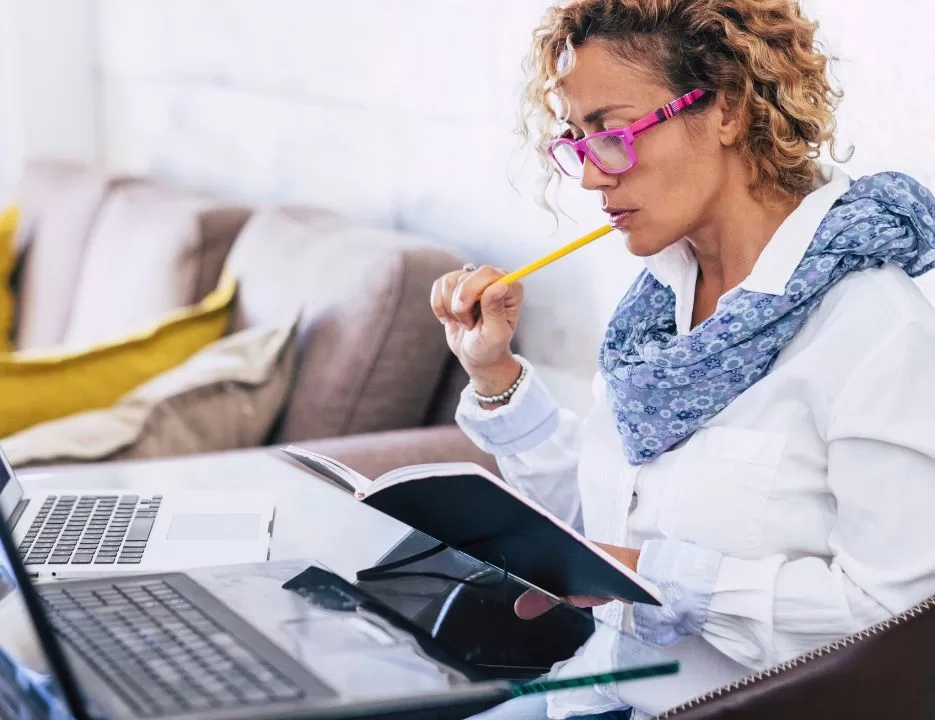
The influence economy has transformed the way the business world operates, bringing importance to technology and social networks and causing a new profession, today the most desired by young people around the world, to emerge and determine new vectors for the perception of brands, purchasing behaviors and how consumers of products and services behave.
The German research platform Statista states that half of internet users make purchases designed through influencer marketing, surpassing traditional media numbers in conversion.
But the power that influencer marketing has to project sales not only impacts the companies that are selling, but also the people themselves who are in front of their cell phone cameras creating content and advertising – the digital influencers.
Although there are many influencers who are professionals in specific areas – health, financial markets, etc. – who already have a certain business structure, including legal advice, the fact is that there are countless influencers who do not know the business world, do not have legal-business support and many of them are still quite young.
These influencers now have an extensive network of followers, generating very high amounts of money in a short space of time, even exceeding the revenue of small and medium-sized companies that have been in the market for years, but they operate as small informal amateur businesses, with a very low level of professionalism.
With the frenetic life of many businesses, but without professionalization, these influencers end up greatly reducing their economic potential, incurring unnecessary risks and being targets of malicious people. This is recurring.
The influencer is a professional with countless activities – not even they know it – which may be covered by different types of regulation. Brazilian legislation is very comprehensive and already regulates, in one way or another, these various activities.
A few examples:
– Tax: Brazil has the most complex system in the world, in which each activity and each revenue can have a different tax regime; many influencers end up not paying attention to this, paying more than they should; others receive amounts from abroad and are not aware that they need to declare them in Brazil, which generates a high contingency and can result in astronomical fines;
– CDC Consumer Protection Code: many influencers do not pay attention to the rules that protect consumers and promote or associate themselves with brands that do not comply with the basic CDC guidelines; this type of care can avoid the risk of fines, page crashes and lawsuits;
– Contracts with clients: a well-designed contract can prevent an influencer from being harmed in a relationship with a client, such as lack of or late payment, misuse of the image (the client agrees to publish in one media, but publishes in others, establishes a disclosure period, but exceeds the period), abuse of the relationship, etc.; establish criteria, fines for non-compliance, compensation, additional payments, among others, must be in the contract;
– Contracts with suppliers and advisors: many influencers have service providers of all types – film makers, editors, content advisors, production advisors, scheduling advisors, and many others – but they do not make or do very poorly in contracts with them; any problem that arises in the relationship, it is common for influencers to be taken to court, either for labor funds or for improper use of image; in the latter case, as many influencers film their daily lives, these people end up appearing in the videos, but without formal consent;
– Improper use of image: it is very common for a company to use a video from an influencer without their authorization, place it on its page and benefit from the audience that this video can give; for example, an influencer publishes a video on his page that mentions “coffee”, in turn a coffee shop simply republishes this video in its feed without authorization, achieving great engagement; the influencer can contact this company and request not only the removal of the video from their page, but compensation for the time it was broadcast;
– Disclosure of illegal products and services: recently, there was a scandal involving the disclosure by influencers of products and services supposedly banned in the country; Often, seduced by high prices, influencers end up tarnishing their images and putting their pages at risk; an influencer’s main asset is their image and credibility, which can be erased and canceled in seconds in the digital world we live in; a simple consultation with a specialized lawyer was enough.
Finally, there are many cases and aspects of the activities of influencers that live in great amateurism. Being “cool” and “nice” at the same time can bring countless benefits, including in terms of profitability: professionalizing means optimizing results, avoiding risks and becoming more attractive in the market.
This is the first in a series of articles about the influencer market and its legal aspects. Starting in the next article, we will address specific topics.
*Paulo Duarte is a Partner at the Stocche Forbes Office
Source: https://www.mundodomarketing.com.br/influenciadores-o-cool-e-o-legal/


